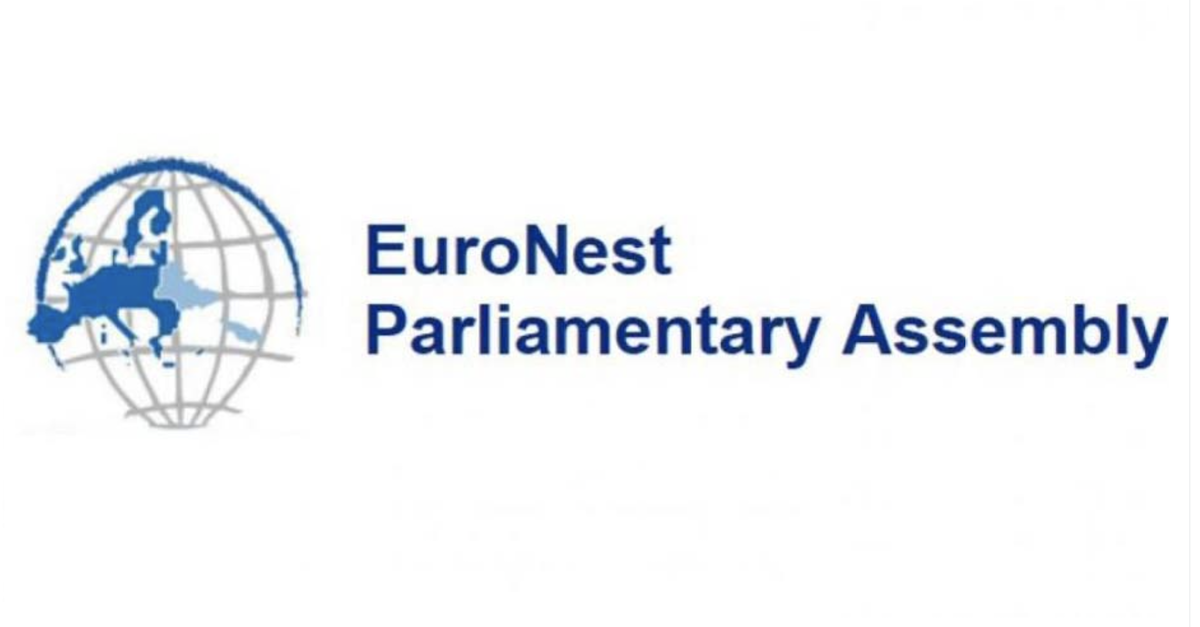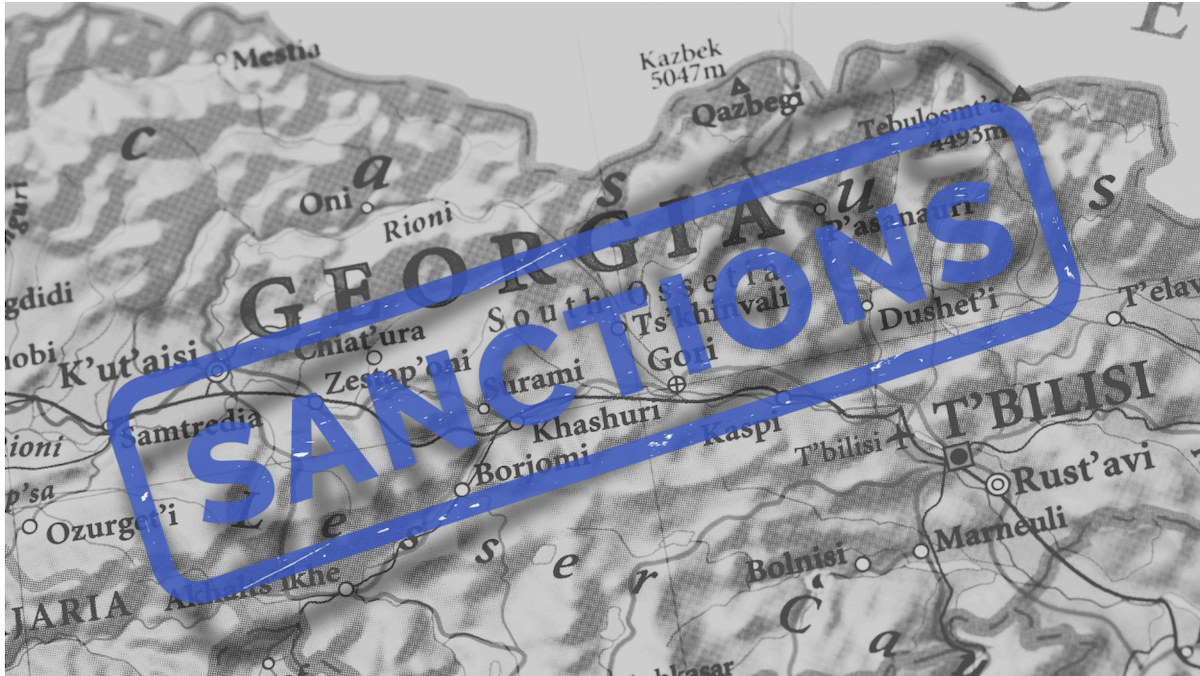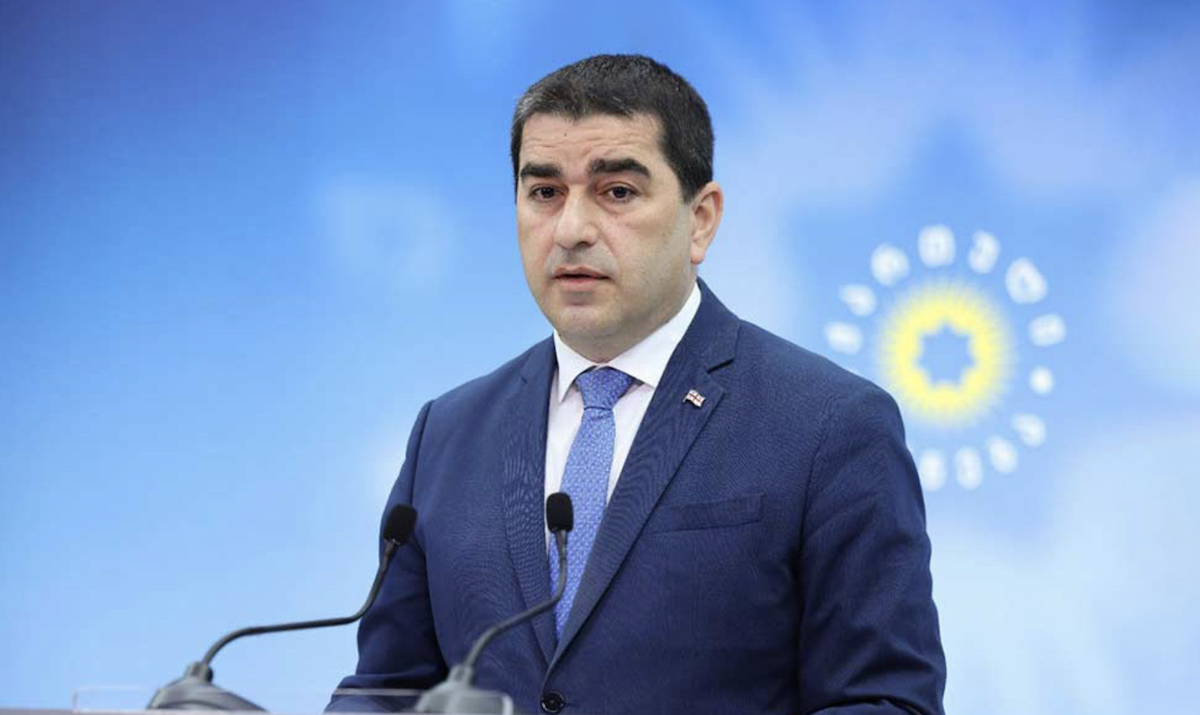'Erosion of rule of law' - EU enlargement report on Georgia
EU enlargement report on Georgia
In its 2025 EU enlargement report, the European Commission delivered an unprecedentedly harsh critique of the Georgian authorities for violating fundamental human rights, the “eroded” independence of the judiciary, the subordination of key democratic institutions to the interests of the ruling party, and the country’s shifting foreign policy priorities, Radio Liberty reports.
The report, prepared by the European Commission for the European Parliament, the European Council, and other EU institutions, provides an annual assessment of progress and reform priorities in all candidate countries for EU membership, including Georgia.
The enlargement report is not directly linked to the decision to suspend visa-free travel for Georgia (or certain categories of its citizens), but it could serve as a pretext for taking such a decision.
What report says about Georgia
- The restrictive laws adopted and implemented in Georgia targeting activists, civil society, and independent media endanger the foundations of democracy and are unprecedented among candidate countries;
- Georgia has experienced a serious democratic backslide, accompanied by a rapid erosion of the rule of law and a sharp restriction of fundamental rights;
- Systemic and systematic repressive actions by the authorities — including restrictive laws affecting civic space, basic rights, and independent media; persecution of LGBTQ+ people; excessive use of force by law enforcement with full impunity; and hostile rhetoric toward the European Union — sharply contradict EU values and the expected conduct of a candidate country;
- On nine of the European Commission’s recommendations, significant regression has been recorded, further distancing the country from its European path;
- Institutions established to safeguard the rule of law have been used for partisan purposes, undermining public trust in them;
- The authorities have taken no steps to change course and return the country to the path of European integration;
- The arrests of leading opposition figures, along with statements by the ruling party about plans to ban the activities of certain opposition groups and related individuals, represent a direct attack on political pluralism;
- The level of democracy in the country has significantly declined, as the institutions and bodies essential for the proper functioning of democracy have lost their impartiality and independence;
- Legislative changes in Georgia have seriously undermined the independence and integrity of the judiciary, increasing the risk of its political capture;
- The 2024 parliamentary elections and the 2025 municipal elections in Georgia took place amid deep polarisation and a serious democratic rollback, accompanied by reports of voter intimidation, pressure, and coercion. All of this has cast doubt on the possibility of citizens freely forming their will and voting without fear of retaliation;
- The re-export of goods of high priority and economic importance to the EU remains a matter of serious concern;
- The number of flights from Georgia to Russia in various directions has significantly increased;
- Georgia should step up its cooperation with the EU to prevent the use of its territory and companies registered in the country to circumvent EU restrictive measures;
- Georgia generally maintains good bilateral relations with its neighbours and other countries covered by the enlargement policy;
- Although Georgia supports Ukraine’s territorial integrity and sovereignty, Kyiv has voiced concern over Tbilisi’s failure to align its actions with the EU’s sanctions policy against Russia and the absence of military-technical cooperation with the EU;
- The strongest GDP growth was recorded in Georgia (9.4%), followed by Kosovo (4.4%) and North Macedonia (2.8%). Serbia (3.9%) and Albania (4%) maintained growth rates similar to the previous year.
EU enlargement report on Georgia





















